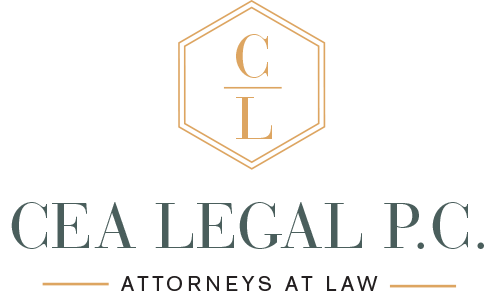Start-Up Financing Tools
Newly formed companies often need fresh capital to start-up their operations. There is no one-size-fits-all approach when it comes to how to fund the business. We counsel founders from the outset and lead them to choose the right investors and, more importantly, the most valuable financing tools available under the specific circumstances.
The most common early-stage financing methods are convertible notes, simple agreements for future equity (SAFEs), preferred stock agreements.
Convertible notes are short-term loans that convert into equity upon certain pre-established future events, such as a subsequent qualifying equity financing of a minimum or the sale of the company. The conversion occurs under preferred/discounted terms to reward the initial investor. Convertible notes have been for long time the conventional choice to raise the initial capital from family and friends as well as angel investors. By using this financing mechanism, founders need to prepare little documentation and are not required to obtain an official valuation of the company, thus keeping legal fees under reasonable control, and do not grant power to the individual or company providing capital. However, this is also why more sophisticated investors might not accept a convertible note and request instead a preferred stock arrangement.
In the last few years, start-up companies raising capital have often resorted to proposing Simple Agreements for Future Equity (SAFEs) to early-stage investors.
A SAFE grants the investor the right to receive equity of the company upon the occurrence of certain pre-established corporate events, such as future equity financing, the sale of the company, the merger of the company with another company, or an initial public offering. SAFEs are not common stock nor debt instruments, but anyway considered securities. The most significant and heavily negotiated provisions of SAFEs are the conversion terms, which establish the amount of equity the investor will receive if the triggering event is generated. SAFEs have become increasingly popular because they can be easily closed individually with each investors without the need to coordinate simultaneously with other investors. Additionally, SAFEs maintained the advantages given by convertible notes in connection with the conversion to equity (capped value and discount price), without accruing interests or having a maturity date.
When the amount of the funding increases, most likely the investor will require a preferred stock deal. Under this agreement, the investor will get equity but will carry fewer risks than traditional stockholders in that the investor will receive dividends and liquidation preferences. This method of financing is more expensive and heavily documented than convertible notes and SAFEs. Typically, the company’s certificate of incorporation will need to be amended and a number of ancillary agreements will have to be negotiated: investors’ rights agreement outlining the rights of the investors, voting agreements by which investors agree to vote their preferred shares in a certain way, co-sale agreements governing how founders can sell their shares in the company.
CONTACT OUR OFFICE TODAY:


